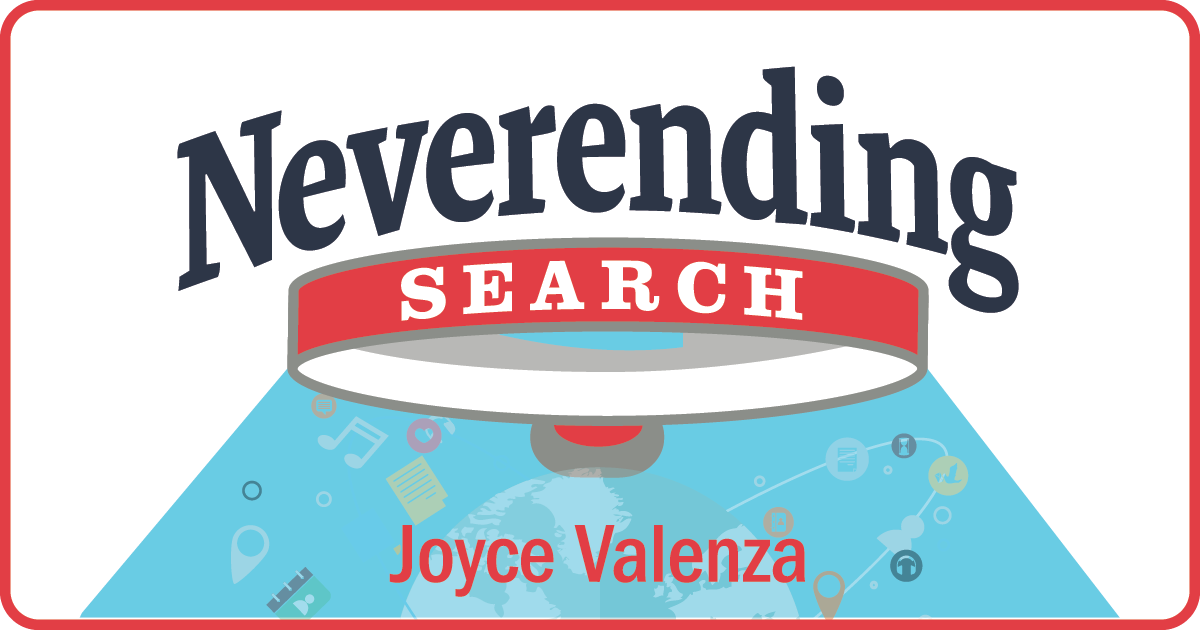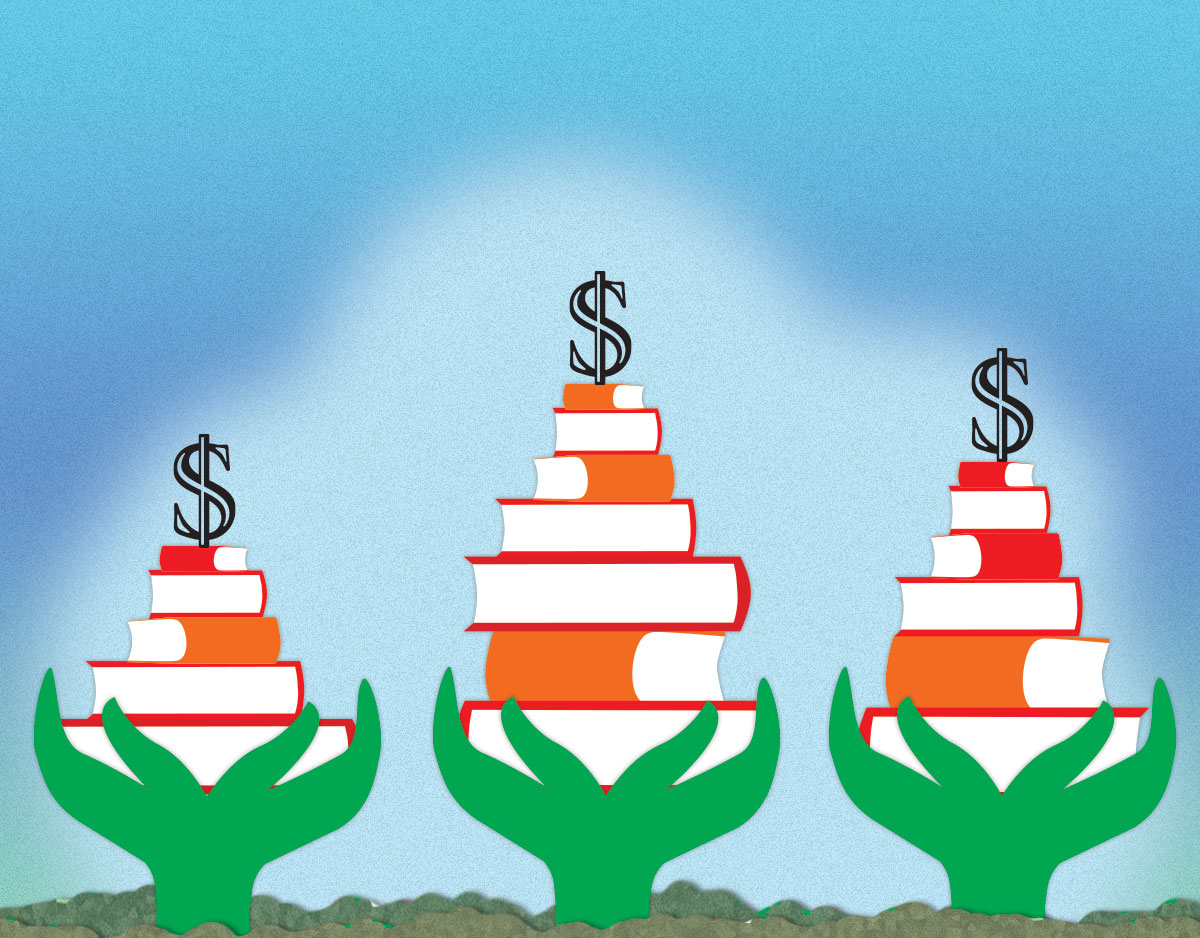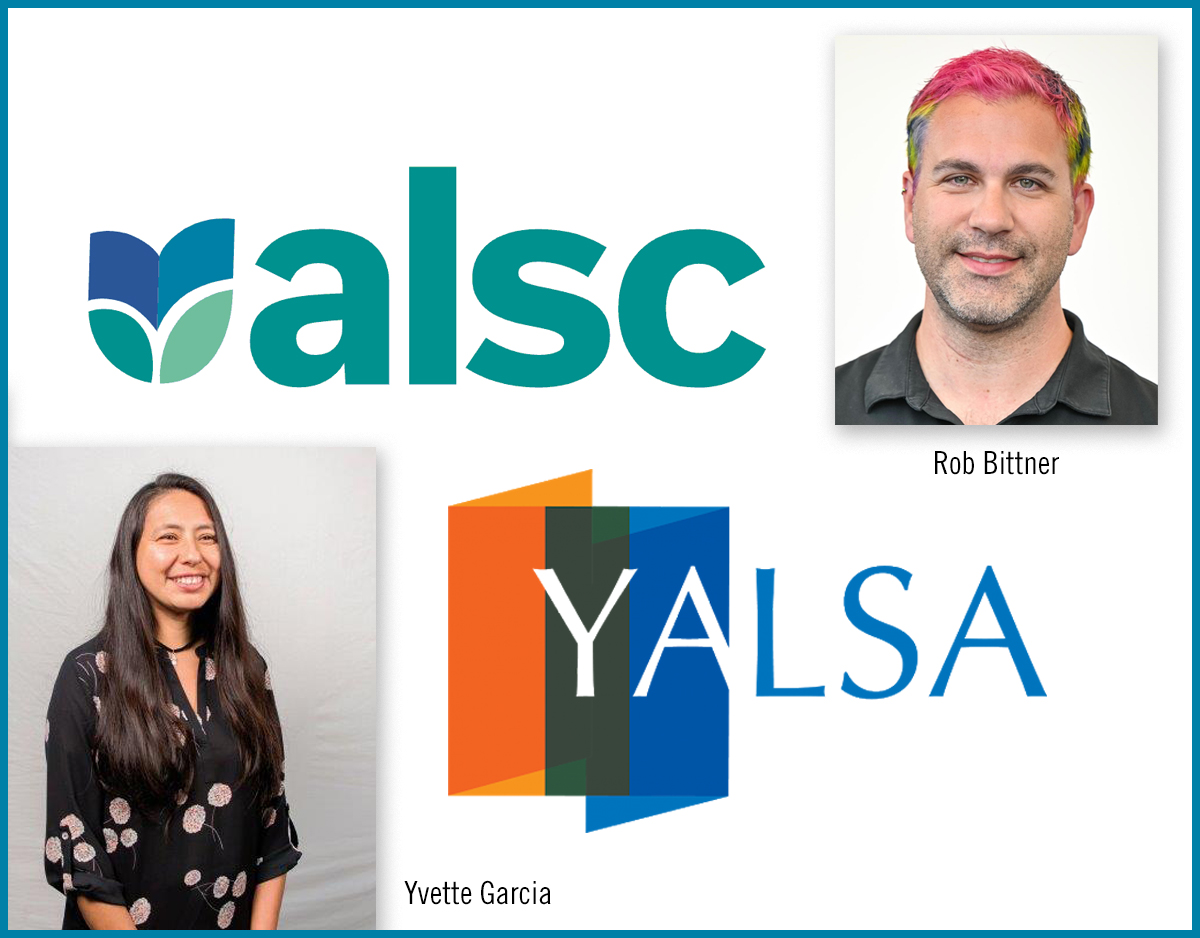SCROLL DOWN TO READ THE POST
Librarians and social capital
Last week I was honored to address the incoming members of the Rutgers Chapter of the Beta Phi Mu (the International Library and Information Studies Honor Society).
I decided to attack the theme of social capital.
In preparing the talk, I did a little experiment.
My audience was predominantly promising new practitioners. I wondered if I could build my talk on social capital by using social capital.
In the process, I wondered if I could demonstrate the effectiveness of building and leveraging both strong and weak ties. (See Mark Granovetter’s 1983 article The Strength of Weak Ties: A Network Theory Revisited, Sociological Theory, Vol. 1 pp. 201-23.)
I especially wanted to demonstrate how important it is to be a network bridge, to reach beyond strong ties to acquaintances across libraryland and beyond (but maybe not for this particular preso!).
So I asked ties, strong and weak, all strong networkers and users of social media, to contribute to this Flipgrid. I got some wonderful responses and the promise of more to come.
As usual, I wasn’t able to complete my whole presentation, but through my slides and videos, I was able to demonstrate what a professional network looks like.
And what impressed me most, was that I built capital while spending it. Folks I contacted wanted to know more about me, my projects, the Flipgrid platform, and more. I learned more about them. I suspect our ties are a little stronger.

Interestingly, while a many folks I asked completely endorsed my use of the phrase social capital, I was surprised by the push-back from non-responders in terms of my use of terms.
For some, a metaphor related to investment and spending, involving the strategic doing of something to get/earn something else, seemed anathema to what our profession is about.
But the way I look at it, building both personal/professional and library/institutional capital allows us to do our jobs better. Our building of networks–giving and sharing, as well as asking for help, helps us to serve our communities more creatively and more effectively. It helps us scale our efforts and to ensure support when it is needed. By building both personal and institutional social capital we make connections that help us grow and help us help others, and pay it forward.
Feel free to join the conversation with your own response to the Flipgrid prompt: Social capital is the capacity of the individual or group to get things done outside of the formal channels. Folks say social capital is reciprocal. As a professional, in what ways do you build and use social capital. Why is it important?
Filed under: advocacy, librarians, social capital, social media, social networking
About Joyce Valenza
Joyce is an Assistant Professor of Teaching at Rutgers University School of Information and Communication, a technology writer, speaker, blogger and learner. Follow her on Twitter: @joycevalenza
ADVERTISEMENT
SLJ Blog Network
Name That LEGO Book Cover! (#65)
Review of the Day: This is Orange by Rachel Poliquin, ill. Julie Morstad
Betty & Veronica: Summer Fun in the Sun | Preview
Heavy Medal Suggestions: 73 Titles and Counting
Like This, Try That: K-Pop Demon Hunters
The Classroom Bookshelf is Moving
ADVERTISEMENT
ADVERTISEMENT






